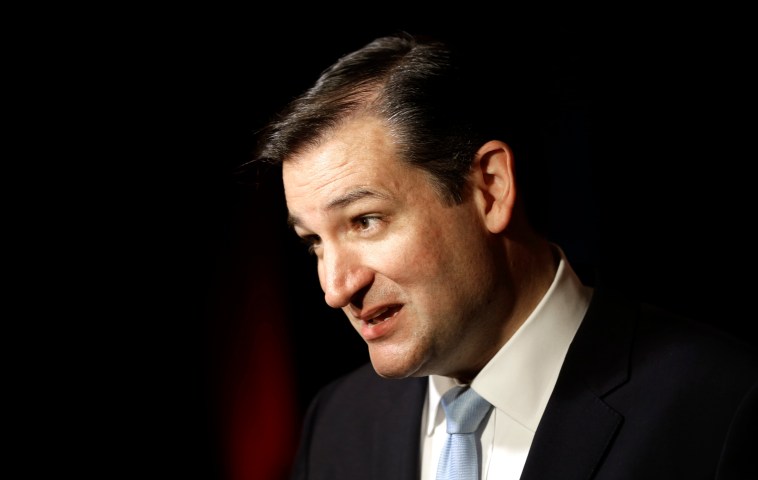EDITOR’S NOTE _ Digits is Associated Press Director of Polling Jennifer Agiesta’s take on the numbers that reflect our world and the survey research techniques used to find them.
Videos By Rare
Political gridlock in Washington may bring the government itself to a halt next week, although two new polls reflect a broad desire among the public for compromise.
Both the Pew Research Center and Gallup released polls showing majorities of Americans in favor of compromise, both the overall principle and the specific example of striking a deal on the budget by politicians who reflect “your views.”
In the Gallup survey, 53 percent said it was more important for political leaders to compromise in order to get things done, more than double the 25 percent who said it was more important for leaders to stick to their beliefs. The preference for compromise over rigidity holds across ideological groups and among both independents and Democrats. Republicans and those who say they support the tea party, however, split evenly between the two sides.
The Pew finding, which focused specifically on this budget fight and “lawmakers who share your views,” found a sharper divide centered around support for the tea party movement. About 6 in 10 overall (57 percent) said the leaders who shared their political views should “be more willing to compromise, even if that means they pass a budget you disagree with.” Independents and Democrats clearly favored compromise, while Republicans overall were fairly evenly split: 49 percent said they wanted politicians to stand by their principles, 43 percent to compromise.
That even split masks a sharp divide between Republicans who say they agree with the tea party’s positions on issues and those Republicans who do not. Tea party Republicans favor holding the line by a 71 percent to 20 percent margin. Most Republicans who do not share the tea party’s views say instead their leaders in Washington should compromise.
Perhaps a strengthened desire for compromise in this instance stems from beliefs that a government shutdown would wreak havoc on a fragile economy. The Pew poll, conducted Sept. 19-22 among 1,003 adults, found three-quarters think a government shutdown would have a mostly negative effect on the economy. Likewise, a Washington Post-ABC News poll conducted earlier in the month showed most felt the economy would suffer if the government hit its debt limit.
The Pew Center survey also shows the public divided on whether a deal will actually happen and whose fault it would be if it didn’t.
Looking back at the 1995 and 1996 government shutdowns, the public seemed to have made up its mind about fault: Far more said they blamed the shutdown on the GOP than on President Bill Clinton. When all was said and done, though, the shutdown had little impact on the nation’s political picture. A poll in January 1996 from NBC News/Wall Street Journal showed fewer than 1 in 5 were personally impacted by the shutdown.
Neither Clinton nor Congress suffered drops in approval ratings following the shutdown, and Republican House Speaker Newt Gingrich’s already-negative favorability rating remained steady. In November 1996, Clinton recaptured the presidency and the GOP held control of the House.
There’s a different dynamic this time around, and the blame game could have farther-reaching impacts. The players include a president who does not face re-election and a set of House leaders staving off internal warfare, with potential implications for 2016.
___
Follow Jennifer Agiesta on Twitter at http://twitter.com/JennAgiesta
___
Online:
Gallup: http://www.gallup.com/poll/164570/americans-desire-gov-leaders-compromise-increases.aspx
Pew Research Center: http://www.people-press.org/2013/09/23/blame-for-both-sides-as-possible-government-shutdown-approaches/
Videos By Rare
Copyright 2013 The Associated Press. All rights reserved. This material may not be published, broadcast, rewritten or redistributed.
Related articles
- One week left to avoid government shutdown (rare.go-vip.net)

